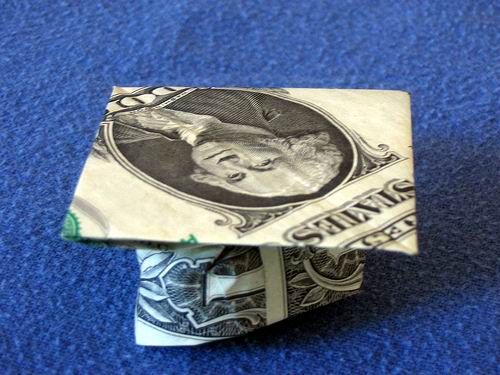As a privileged, yuppie newspaper reporter in the 1980s, I was surprised to learn tha t the Salvation Army Citadel in my city was offering cooking classes for residents of its poorest neighborhood. I envisioned gourmet lessons a la Martha Stewart or Julia Child. What? Boeuf bourguignon avec champignons for the down and out?
t the Salvation Army Citadel in my city was offering cooking classes for residents of its poorest neighborhood. I envisioned gourmet lessons a la Martha Stewart or Julia Child. What? Boeuf bourguignon avec champignons for the down and out?
Hardly, said the local Lieutenant in charge. Basic cooking classes teach poor people how to stretch their food dollars by making nutritious dishes from scratch, rather than buying expensive processed foods. It’s a stewardship two-fer, since it’s better for your pocketbook and your physical health.
The lesson has always stayed with me, and 25 years later I’m still eating well and saving money by making many meals the old-fashioned way.
I’m amazed at the variety of prepackaged meals available in the frozen-foods section. Today I saw ready-to-microwave frozen breakfast croissant with egg, cheese and sausage. Or the microwaveable hamburgers. Or the corndogs. My thought: Who eats these foodlike products?
Last year I started making my own bread. I like the feel of dough and the smell of bread cooking in the oven. It’s delicious, especially still warm from the oven and served with a swipe of butter. My bread has no preservatives or special chemicals to give it texture.
And true to the Salvation Army lieutenant’s observation, it is a lot cheaper
Here’s the breakdown:
0.25 – two cups of flour ($2.50 for a 5-pound bag, with 20 cups in a bag)
0.13 – one tablespoon of yeast ($6 a pound in bulk)
0.04 – one tablespoon of sugar ($3 for a 5 pound bag)
0.01 – one teaspoon of salt ($1 a pound)
0.06 – two tablespoons of canola oil ($2 a quart)
0.12 – cost of using electric oven at 350 for 30 minutes
Total: 61 cents
Of course, this is for the basic white bread made with the store-brand unbleached white flour. When I buy the fancy whole-wheat flour my wife craves, the price goes up. But just a little.
My family has come to love the taste of “Dad’s bread,” so I know I’m modeling good stewardship for the kids, as well as feeding them wholesome food baked with love.
The bottom line: If you want to eat well and make your food dollar go farther, you can make your own bread and learn how to cook from scratch. Your family will appreciate the effort.




 t the Salvation Army Citadel in my city was offering cooking classes for residents of its poorest neighborhood. I envisioned gourmet lessons a la Martha Stewart or Julia Child. What? Boeuf bourguignon avec champignons for the down and out?
t the Salvation Army Citadel in my city was offering cooking classes for residents of its poorest neighborhood. I envisioned gourmet lessons a la Martha Stewart or Julia Child. What? Boeuf bourguignon avec champignons for the down and out?